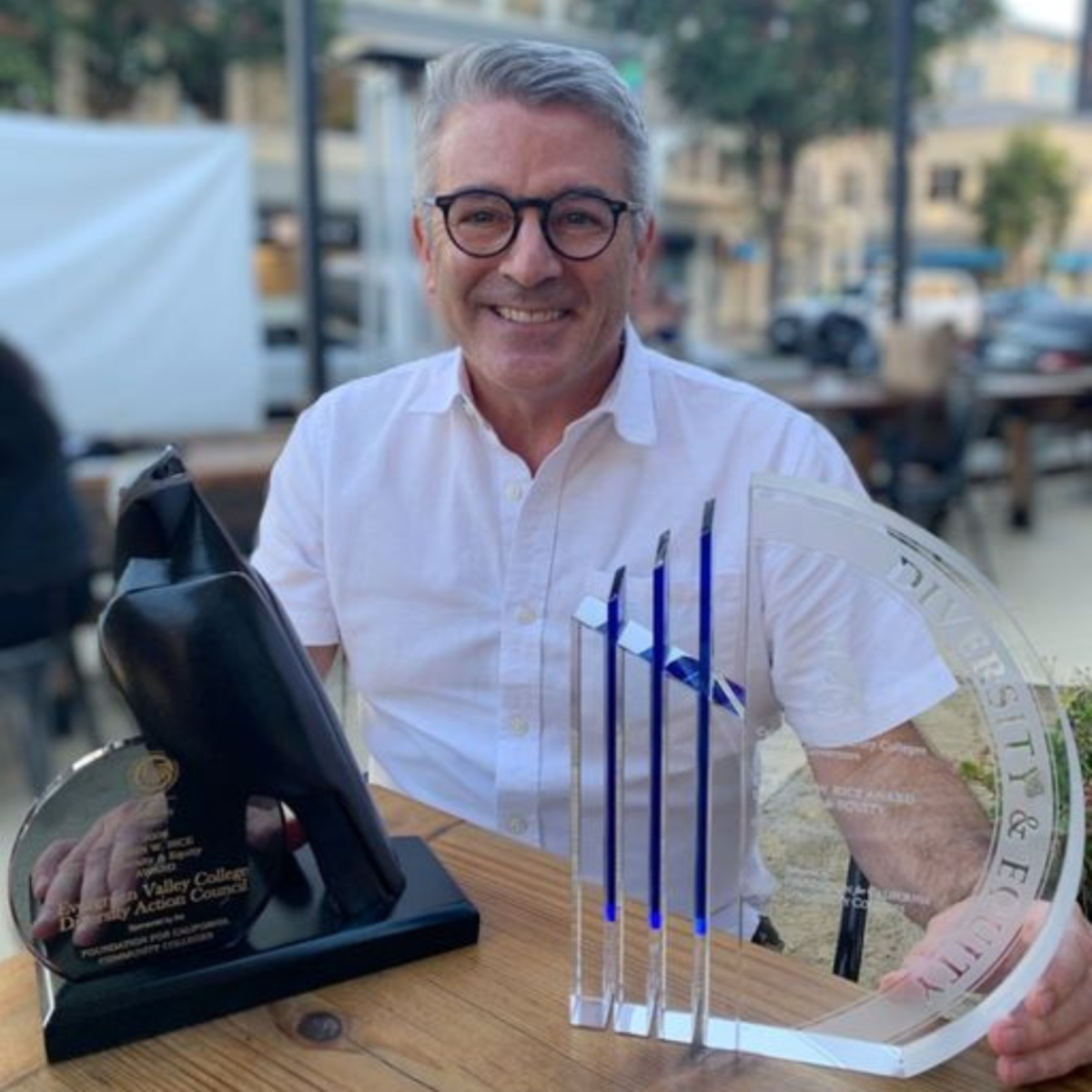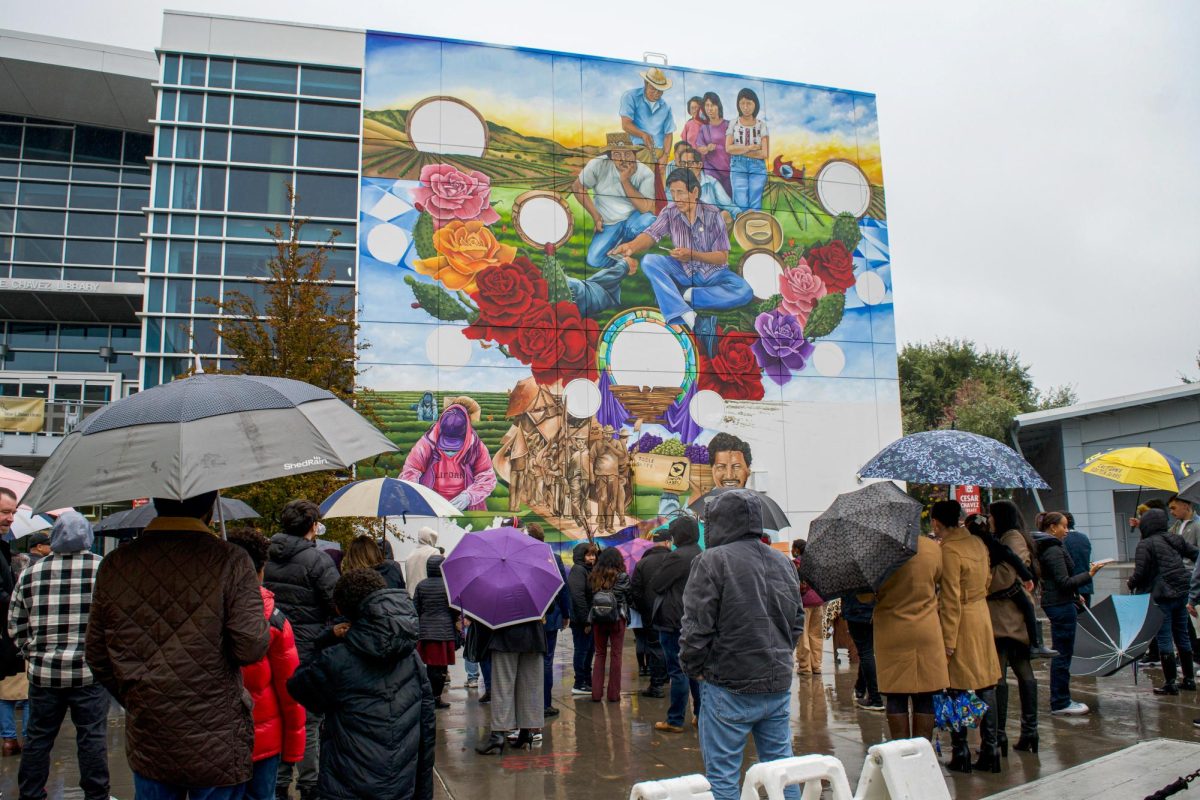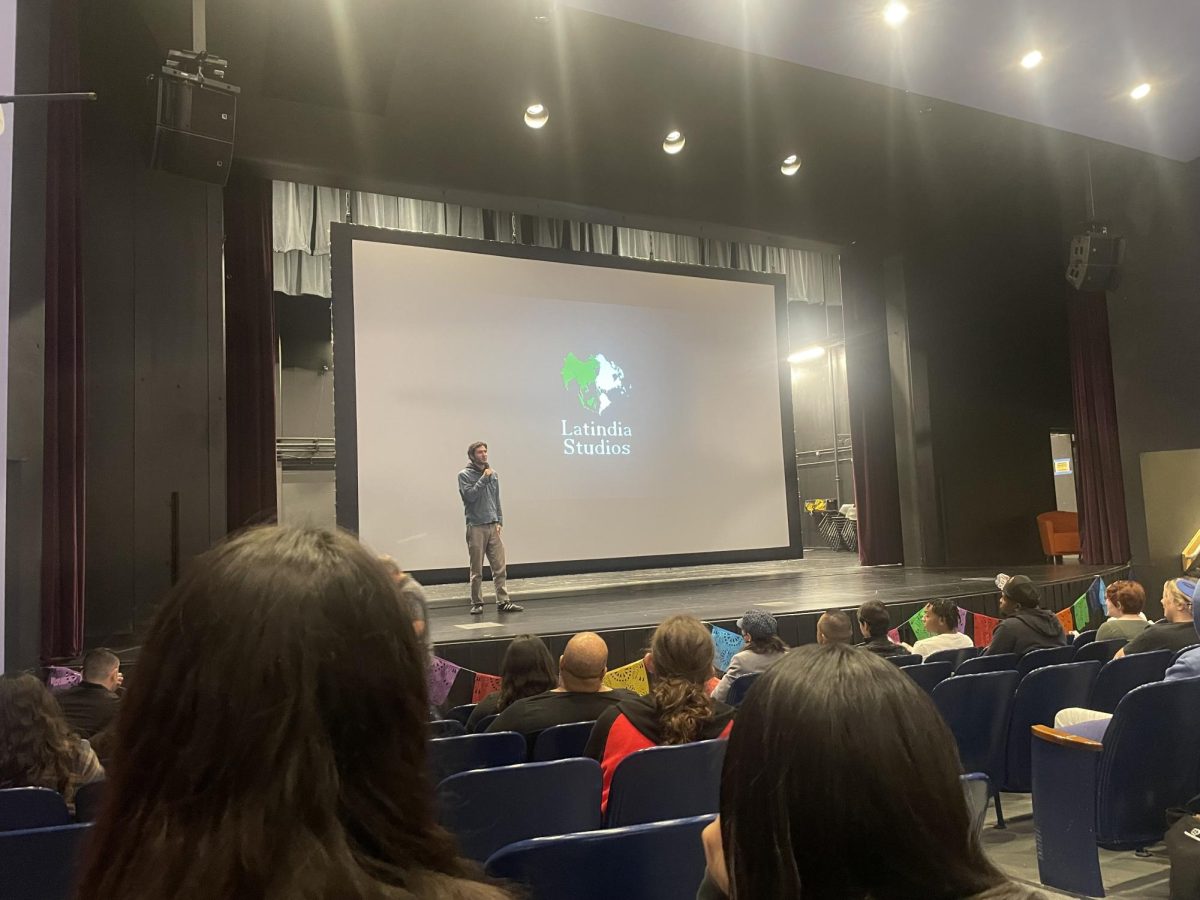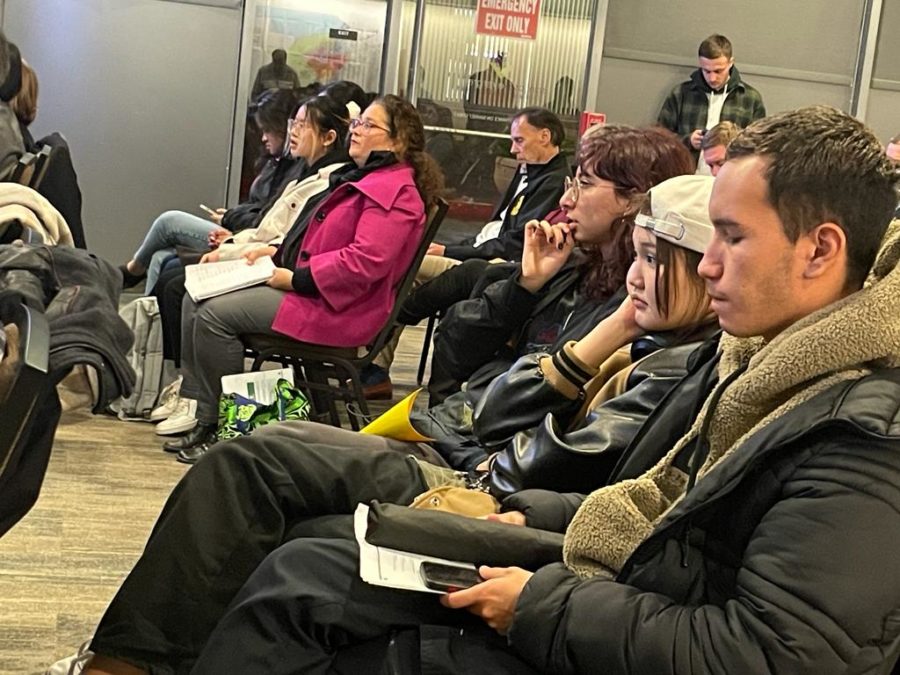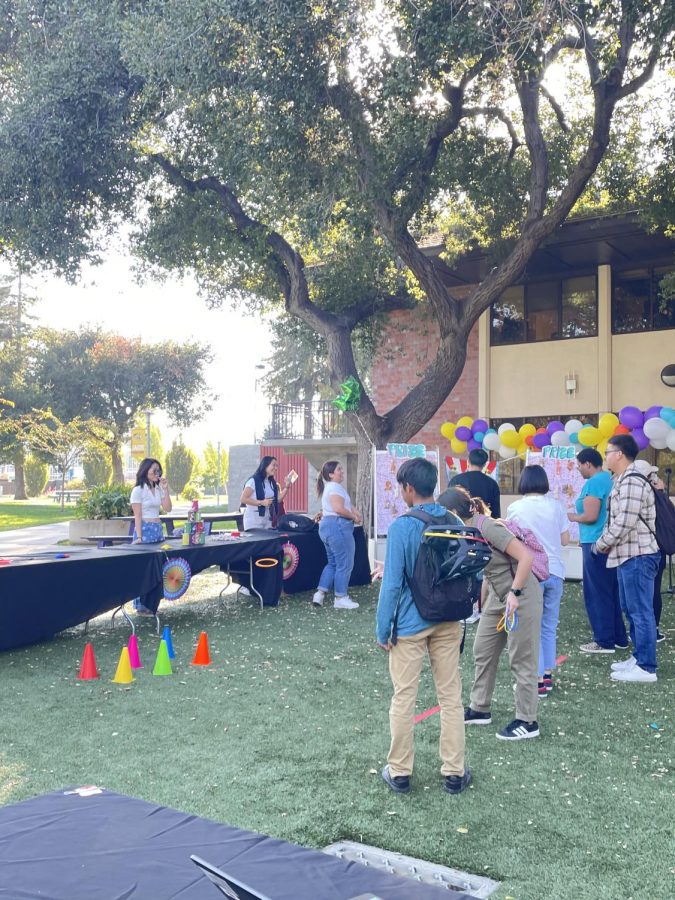Activists join global protest against the corporate state and ‘Frankenfood’
More than 60 people protested at San Jose City Hall on Oct. 12 in a global effort to raise awareness about the dangers of genetically modified foods and a Pacific Rim trade pact.
The Trans-Pacific Partnership is a free trade agreement being negotiated between the United States and 11 foreign nations. The TPP is meant to provide comprehensive guidelines and regulations for trade and investment among the nations involved, according to the “Trans-Pacific Partnership Negotiations and Issues for Congress” report released by the Federation of American Scientists.
Few details have been released to the public, but the protesters said they found the information provided disconcerting. Organizers handed out fliers that stated “provisions in the TPP specifically threaten to:
-
Undermine food safety protections by making it harder for countries to adopt regulations such as labeling laws or banning genetically modified organisms.
Story continues below advertisement -
Dismantle the “Buy Local” movement by overturning government laws designed to keep taxpayer dollars in the local economy.
-
Inhibit access to lifesaving medicine by extending monopoly drug patents for big pharmaceuticals.
-
Curtail Internet freedom, spur further financial deregulation, roll back environmental laws and more.”
Many protesters said they did not want GMOs in their food supply so losing the fight for GMO labeling would be dire.
Genetic modification, in terms of our food supply, means the DNA of the organism was manipulated in a lab, said Sanhita Datta, professor of environmental studies at San Jose City College. Datta said there hasn’t been enough independent research done on GMOs, and the research that has been done points to a number of adverse effects like food allergies.
“They will say it’s safe,” Datta said, “but then why can’t people do independent research without their approval?”
The March Against Monsanto in San Jose was one of hundreds of marches against GMOs and the TPP all across the globe. The march received its name from the biotechnology corporation Monsanto, best known for producing GMOs.
Alejandro Quinonez, of the activist group Move to Amend, read an excerpt from “Suicide Seed,” written by the Uruguayan poet and author Eduardo Galeano, in order to convey the general sentiment of farmers toward GMO seeds and companies like Monsanto.
“In the year 2010, a few months after the earthquake, Haiti received a grand gift from Monsanto,” Quinonez said, “sixty thousand bags of seeds produced by the chemical industry. Farmers gathered to receive the offering and then they burned every sack in a huge bonfire.”
Datta said these free seeds are the equivalent of the tobacco industry handing out free cigarettes; they are meant to get the consumer hooked and coming back for life.
In order for these seeds to grow, they need special fertilizers, pesticides and equipment that must be purchased from the companies who donated the seeds. Companies also insert terminator genes into the DNA of these seeds so that the next generation of seeds will be infertile, forcing farmers to buy more seeds.
“In places like India,” Datta said, “the highest cause of death among farmers is suicide because they get into so much debt from having to buy.”
Cupertino City Councilman Barry Chang said a large part of the problem is the influence of corporate money on politicians. Many elected officials leave their positions in government to work for the corporations they regulated.
“All these politicians just keep their mouths shut,” Chang said. “They’re supposed to be elected for the welfare of the people, but they’re not.”
Joyce Eden, of the San Jose area activist group LabelGMOs, said she believes getting in touch with our representatives can still be effective. Public sentiment has had the ability to sway the decisions of government agencies on more than one occasion.
“If you’ve never contacted your congressperson before,” said Eden, “do it now.”






